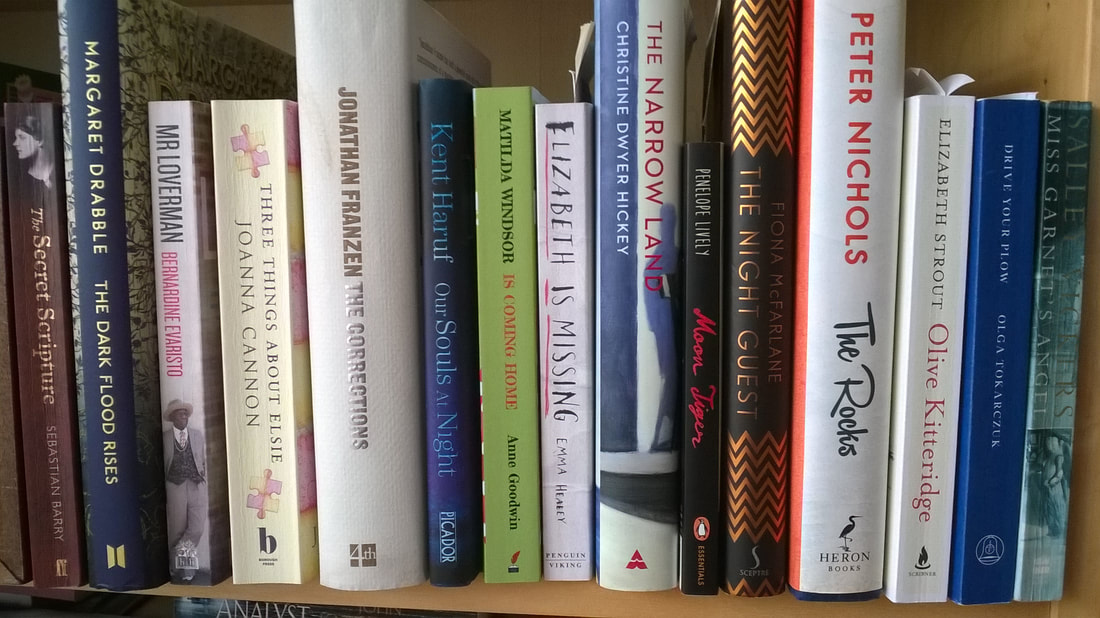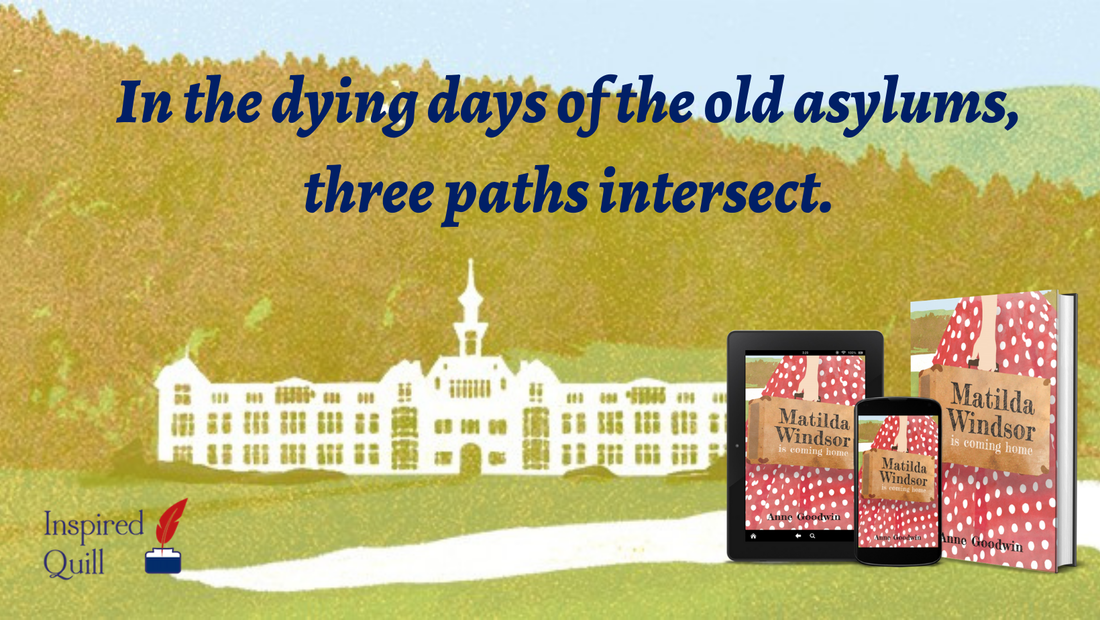Red Crosses by Sasha Filipenko translated by
Brian James Baer and Ellen Vayner
Working as a typist in a government office during the Second World War, Tatiana is instructed not to respond to communications from the Red Cross. To Stalin, prisoners of war are traitors; there’s no responsibility to pass on news of their whereabouts to their relatives, or to take them back.
Indeed, the wives and families of servicemen taken prisoner are also deemed guilty, as Tatiana discovers when her husband is captured in the Balkans. In time, she is taken in and interrogated under torture before being sent on the arduous month-long journey from Minsk to Siberia. Meanwhile, her daughter is packed off to an orphanage; as Tatiana points out, separating children from their mothers is an inefficient way to run a country regardless of the morality.
For me, the framing of this tragic history weakened it for me. Tatiana tells her story to her new neighbour, a young widower with a sad tale that could have earned him a book of his own. It’s also peppered with Ministry reports and telegrams which have a distancing effect. Thanks to publishers Europa editions for my review copy.
As We Are Now by May Sarton
So far, so miserable. But there are moments of lightness in the vicar’s genuine willingness to listen and in the unfussy kindness of the woman who stands in for the owner when she goes on holiday. Unfortunately, none of these are enough to combat the darkness of Caro’s situation.
The novella presents a bleak picture of old age:
The trouble is that old age is not interesting until one gets there, a foreign country with an unknown language to the young, and even to the middle-aged.
I sometimes think that I feel things more intensely than I used to, not less. But I am so afraid of appearing ridiculous. People expect serenity of the old. That is the stereotype, the mask we are expected to put on.
But, it isn’t so bad for everyone. For example, Caro’s brother, with his younger wife, is protected. For me, what distinguishes this story is its articulation of the perils of institutional care, or dependency in any form, for those who can’t conform, and have no-one to advocate for them. Caro isn’t particularly difficult, but the carers are threatened by her professional background and European travels -- note this was first published in the US in 1973 -- and treat her with sarcastic politeness. She responds with anger, and then appeasement and the gradual erosion of the self.
I don’t think Caro is exaggerating when she likens her experience to the concentration camps. And I don’t think an institution needs to be as dreadful as the one Caro pitches up in for humanity to be lost. I’ve studied this theme, but never seen it so well expressed in fiction:
There is a connection between any place where human beings are helpless, through illness or old age, and a prison. It is not only the heroic helplessness of the inmates, but also what complete control does to the nurses, guards, or whatever. I wish I could have seen Harriet and Rose as they were before they opened the ash heap for the moribund. It may well be that they began not only with the idea that a nursing home is a sure-fire investment but with the thought that they could enjoy taking care of the old whom families abandon for one reason or another.
If keepers are corrupted by having absolute power, what about those they keep? We learn to ingratiate ourselves, to pretend we do not notice the slights and humiliations. Or we close ourselves off into that terrible place of anger, rage and despair
Since Caro is losing her mind, and keeping a journal in an attempt to hang onto it, readers have the option of treating her, as do the carers, as an unreliable narrator. If she is, what is the psychic mechanism that makes her this kind of unreliable? Paranoia doesn’t arise out of nowhere. Perhaps she’s transferring an earlier state of dependency on to the present. There are hints that her childhood wasn’t filled with love.
I hadn’t heard of this author until my friend D Avery suggested As We Are Now as an example of fiction about older people. I’m glad she did. There’s so much depth in this novel, I’m going to reread it, and highlight the best bits. Hopefully it will help me manage the trauma of my own dreaded care home years.
The Girls from Alexandria by Carol Cooper
Carol Cooper’s highly entertaining third novel draws on her Egyptian childhood and her career as a London doctor. I’m sure she listens to her patients more carefully than the fictional doctors in this novel, but I imagine she had great fun creating the characters Laura Ashley and Fritz. Having been to Egypt, although unfortunately not to Alexandria, I particularly enjoyed the flashback scenes for an insight into the privileged cosmopolitan culture and the political changes during the second half of the twentieth century. Needless to say, things aren’t so rosy under the surface glitter.
Overall, this is an engaging novel about memory, family and hospital care, providing interesting insights into a little-known culture. The publisher, Agora Books, is new to me, but I’m sure I’ll be back for more.
My debut novel, Sugar and Snails, about a woman who has kept her past identity secret for thirty years, is partly set in Egypt, while my third novel, Matilda Windsor Is Coming Home, is about siblings separated for fifty years. Click on the image to learn more.
At the Jerusalem by Paul Bailey
But you have a choice whether to follow her there, as numerous reviews would recommend. But not mine. Simply because it didn’t tell me anything I didn’t know already, but then I’ve studied, and worked in, crazy systems that consistently fail, despite the staff’s best intentions, to provide adequate psychological care.
Mrs Gadny’s unravelling mind is nicely revealed through her letters to a former neighbour but otherwise I didn’t find this short novel entertaining enough. Perhaps I’m being harsh - I am being harsh, given women of her generation’s lack of agency - but she lost my sympathy when I learnt how she’d made no attempt to curtail her husband’s brutality to his son.
First published in 1967, At the Jerusalem was recently reissued by Head of Zeus.





























 RSS Feed
RSS Feed





















